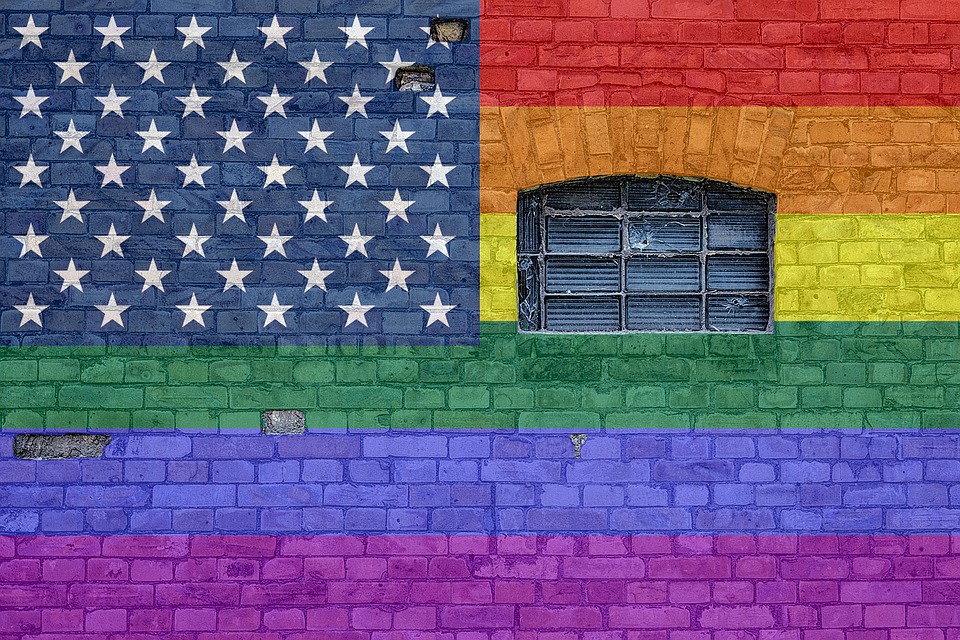Ending Gender Bias in Odd Fellows
by Joseph Benton

Up until recently, and still in many places, much of the text in the Odd Fellows ritual, books and rules used to describe Odd Fellows are in the male vernacular: brother/brethren, he/him/his, etc. To be fair, this is how Odd Fellows started 200 years ago and we must never forget our roots, but it is not reflective of Odd Fellows today with the inclusion of women into Odd Fellows lodges nearly 20 years ago.
You can see where there have been attempts to make changes such as in our Opening Ode; the lyrics include the words “brethren (members)” so those reciting can choose between the two words as either a traditionalist or as an Odd Fellow who wants to be inclusive.
Our duties, as written in our laws, are written to describe role responsibilities as he/him/his and are sometimes amended to include words such as “or she” and “or her.”
In an effort to reflect reality throughout our Order, with the aim of gender inclusiveness and also to avert the possibility of lawsuits, we may have lost something by becoming too concerned about political correctness. It may be time to look at the ultimate destination beyond political correctness and inclusiveness and consider an alternate approach to a future that is secure against lawsuits and also reflects well on Odd Fellows. After all, Odd Fellows was only in the United States for a few decades as an all-male organization before creating an organization for the women in their lives called Rebekahs which grew beyond the sphere of Odd Fellowship and became its own sphere of influence.
POLITICAL CORRECTNESS GONE TOO FAR?

WRITING WITHOUT GENDER-BASED PRONOUNS
OUR OPENING ODE REWRITTEN WITHOUT THE AWKWARDNESS
This story was written using one source: https://uwm.edu/lgbtrc/support/gender-pronouns/
